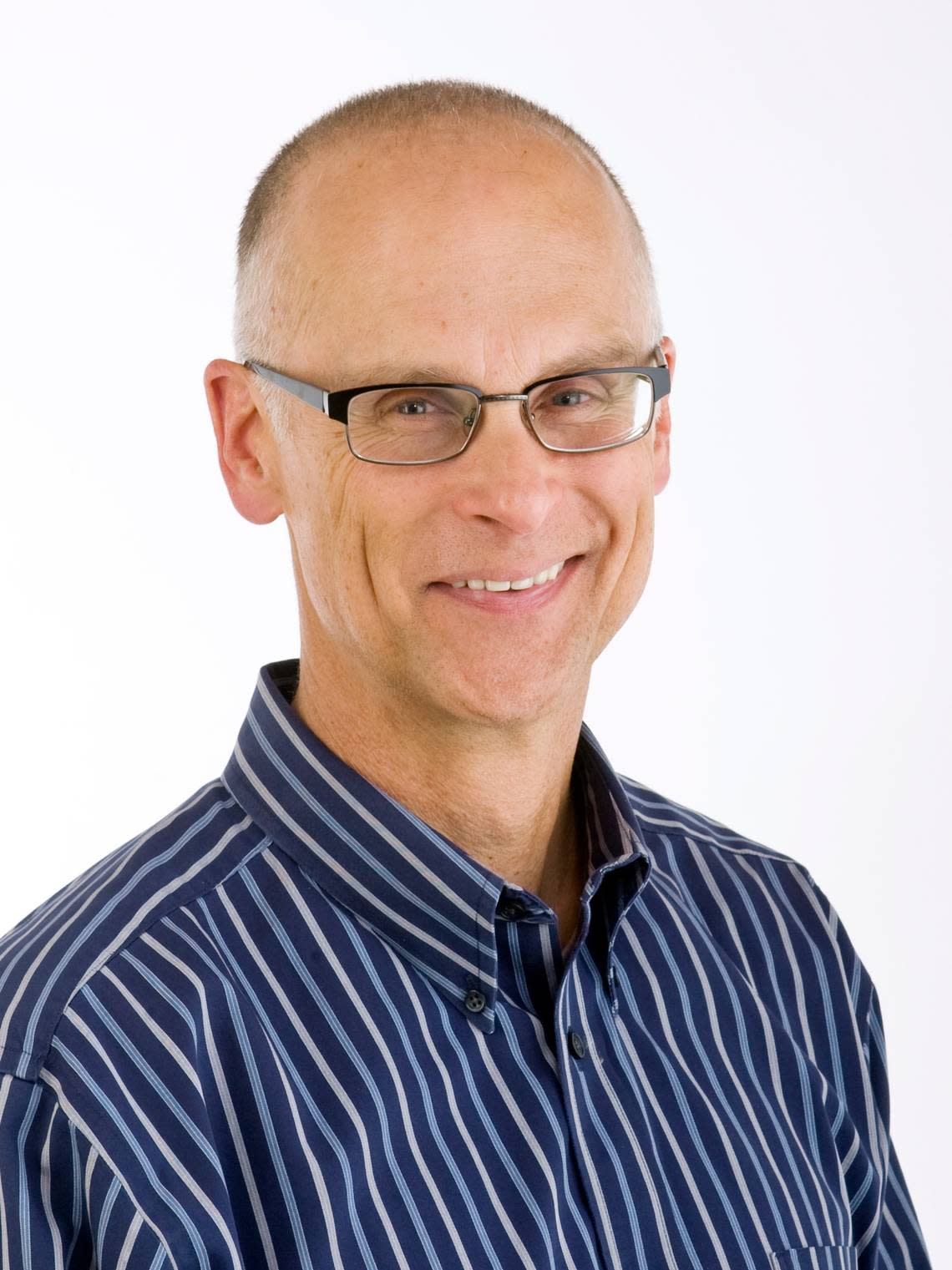A Q and A with Joe Lee, Fresno’s liaison to the Asian/Pacific Islander community | Opinion
Joe Lee is a worthy representative of the Hmong community in Fresno because his life story reflects what so many in his culture have experienced.
His Hmong name is Gnia (pronounced Nee-a) Cherta Lee, but he goes by Joe. He was born in Laos during the Vietnam War era and lived there until he was 6. After the war it became too dangerous for the Hmong who had aided the U.S. military during the war to remain — the victorious communist government was on the hunt to persecute them and put them in concentration camps. So Lee’s family fled to a refugee camp in Thailand, where he, his parents and his siblings remained for several years.
When Lee was 9, his family immigrated to the United States. A Lutheran church in Des Moines, Iowa provided a home for them. “When we came over, it was Christmas time. They put up a Christmas trees and presents under the tree. They filled up our ‘fridge with food we had never seen before. Like jello. I touched it and it was jiggling. I wondered, do we eat it or not?”
From such an inauspicious start came the family’s resettlement to California, first in Santa Ana and then to Fresno. Lee graduated from Fresno State in 1996 with a business degree, then began working for the telecommunications company Pacific Bell. Initially an office manager, Lee showed such prowess with technology that he became a engineer. Last year he retired from the company, which is now AT&T.
Opinion
While he was working, Lee became active with the Fresno Center for New Americans, an organization that originally helped immigrants from southeast Asia get adjusted to living here. (It is now known as the Fresno Center and it serves people from a variety of cultures). He served multiple terms on the board.
So when Lee retired, it was natural that Mayor Jerry Dyer would seek his help as the community liaison to the Asian-Pacific Islander population in the city.
The liaison program was launched three years ago as a proactive way for City Hall to connect better with Fresno’s major ethnic and racial groups. There are also liaisons to the Latino, Black and Indian communities, as well as a liaison for those who are LGBTQ+. The goal for each liaison is to serve underrepresented residents, help connect them to resources and make city government more accessible.
Lee, 53, says having a liaison is critical for the Asian community — the Hmong, in particular — because many within it don’t know how to seek help that City Hall is ready to offer.
“My community can be pretty passive. They don’t seek help. And if they don’t know anybody, they don’t raise their voice and say, ‘Hey, I need help here.” But if they know they have somebody inside the city who can provide resources for them, it is an easier avenue for them to seek help.”
Of Fresno’s Asian-Pacific Islander population of about 78,000, more than half (35,000) are Hmong, Lee said. Fresno has the nation’s second-largest Hmong population, behind only Minneapolis.
Lee met with me recently to discuss his work as a community liaison. What follows is a question-and-answer of key responses edited for length and clarity:
Explain why your community is passive and won’t seek help
They don’t realize government is there to help them. They have programs to support them ... Being a liaison, I can educate them. And say, ‘Look, your government is here to support you. They are not here to intimidate you or oversee your life. You actually are the boss of your government. You tell your government what to do in this country. It is not the other way way around.’
“We used to live in a communist country, and that is what they fear. When you live in a communist country, the government is the one in control. You have no say.”
How do you describe your role?
Being a liaison from the city of Fresno, I am your bridge between the government and you, and you to the government. I am trying to build a bridge from our community to the government so they understand each other.
How would you gauge the overall health of Fresno’s API community today?
We are pretty much self-sustaining in terms of getting an education, getting jobs and so on. We are pretty good at that. But what we are not there yet is the mental health of our elders..
One of the groups still struggling today is Hmong veterans who were part of the (Vietnam) war. They still cannot be buried in U.S. military cemeteries. This is one of the things they are trying to accomplish.
You also have a lot of the elders here now, when we first came to the United States, everything was totally different. A lot of those still have mental issues with assimilation to the mainstream community.
What do you want Bee readers to know about your community?
Our community is very supportive of local government, state government and federal government. We just want our voice to be heard and be part of the system. We live in Fresno, we want Fresno to be our home.


